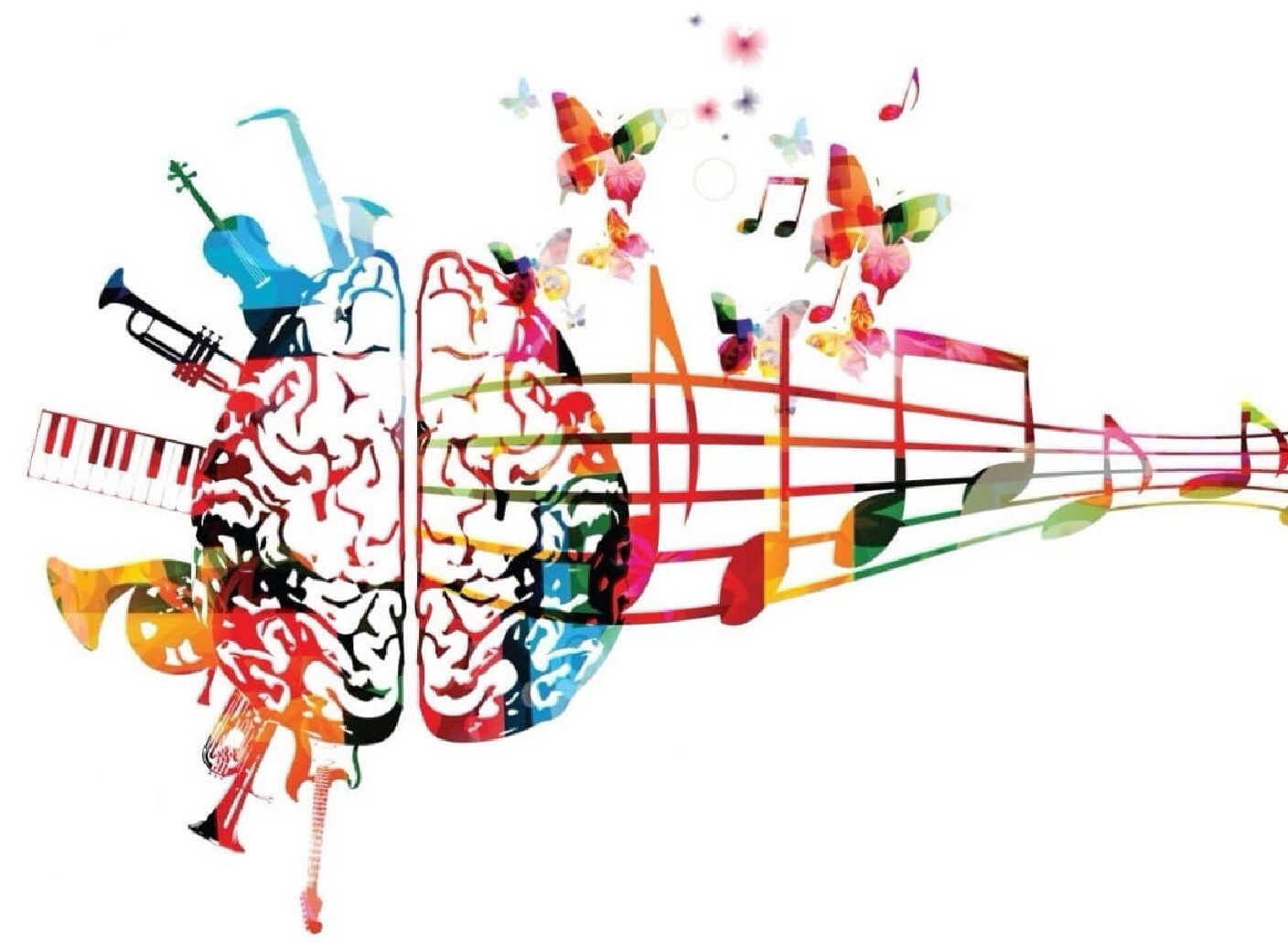Music. It’s a universal language, a source of joy and comfort, and a powerful tool for emotional expression. But beyond its cultural significance, music offers a surprising benefit: it can significantly boost your brainpower. Studies in the field of cognitive neuroscience are revealing the fascinating link between music and cognitive function. Whether you’re a seasoned musician or a curious beginner, learning music can be a powerful way to enhance your brain’s potential.
The Brain on Music: A Multi-Sensory Experience
When you listen to music, your brain isn’t passively receiving sound waves. It’s a full-blown sensory experience that lights up a remarkable network of regions. The auditory cortex, responsible for processing sound, is the first point of contact. But the journey doesn’t end there. Signals travel to areas involved in emotion (limbic system), movement (motor cortex), and even memory (hippocampus).
This intricate interplay allows us to not only hear music but also feel its rhythm, remember melodies, and even be transported to different emotional states. This multi-sensory experience is what makes music such a potent brain stimulant.
Building Stronger Cognitive Muscles
Think of your brain like a complex muscle. The more you use it and challenge it with new experiences, the stronger and more adaptable it becomes. Learning a musical instrument is a fantastic brain workout that strengthens various cognitive skills:
- Memory: Music requires memorizing notes, sequences, and even complex pieces. This process strengthens memory pathways and improves overall recall abilities.
- Attention: Musicians need to focus on multiple aspects of music simultaneously, like rhythm, pitch, and melody. This constant focus hones attention skills and improves the ability to filter out distractions.
- Language Skills: Studies have shown that musical training can enhance language development in children. This is likely because both music and language rely on processing complex patterns and sequences.
- Spatial Reasoning: Reading music requires understanding spatial relationships between notes on a staff. This can improve spatial reasoning skills, which are beneficial for tasks like math and geometry.
- Executive Function: Learning an instrument involves planning, problem-solving, and learning from mistakes. These skills, collectively known as executive function, are crucial for success in various aspects of life.
The Benefits Extend Beyond the Young Mind
The positive effects of music on the brain aren’t limited to children and young adults. Studies have shown that learning a musical instrument can improve cognitive function in older adults as well. This is particularly significant as cognitive decline is a common concern with aging. Music can help seniors maintain memory sharpness, improve processing speed, and even boost mood and well-being.
Music can also be a powerful tool for rehabilitation after brain injuries. Music therapy has been shown to help patients that have had strokes, Parkinson’s disease, and even dementia regain lost cognitive abilities. The rhythmic and melodic aspects of music can stimulate neuroplasticity, the brain’s ability to form new connections and reorganize itself.
The Joy Factor: Why It Matters
Learning music isn’t just about rote memorization and technical drills. It should be a joyful and engaging experience. When you find enjoyment in the process, the brain releases dopamine, a neurotransmitter associated with pleasure and motivation. This positive reinforcement loop makes you more likely to stick with your musical journey and reap the long-term cognitive benefits.
Unleashing Your Inner Musician: Getting Started
The good news is, you don’t need to be a prodigy to experience the brain benefits of music. Here are some tips to get you started:
- Choose an instrument you love: Explore different instruments and find one that sparks your interest.
- Find a good teacher: A qualified instructor can provide guidance, support, and help you develop proper technique.
- Start slow and steady: Don’t get discouraged by challenges. Focus on making steady progress and celebrating small victories.
- Make it fun! Integrate music into your life in ways you enjoy. Sing along to your favorite songs, join a community choir, or simply listen to music that uplifts you.
Final thoughts:
By incorporating music into your life, you’re not just enriching your soul; you’re giving your brain a powerful workout. So dust off that old guitar, enroll in singing lessons, or simply explore a new genre. The beautiful symphony within your brain awaits!


